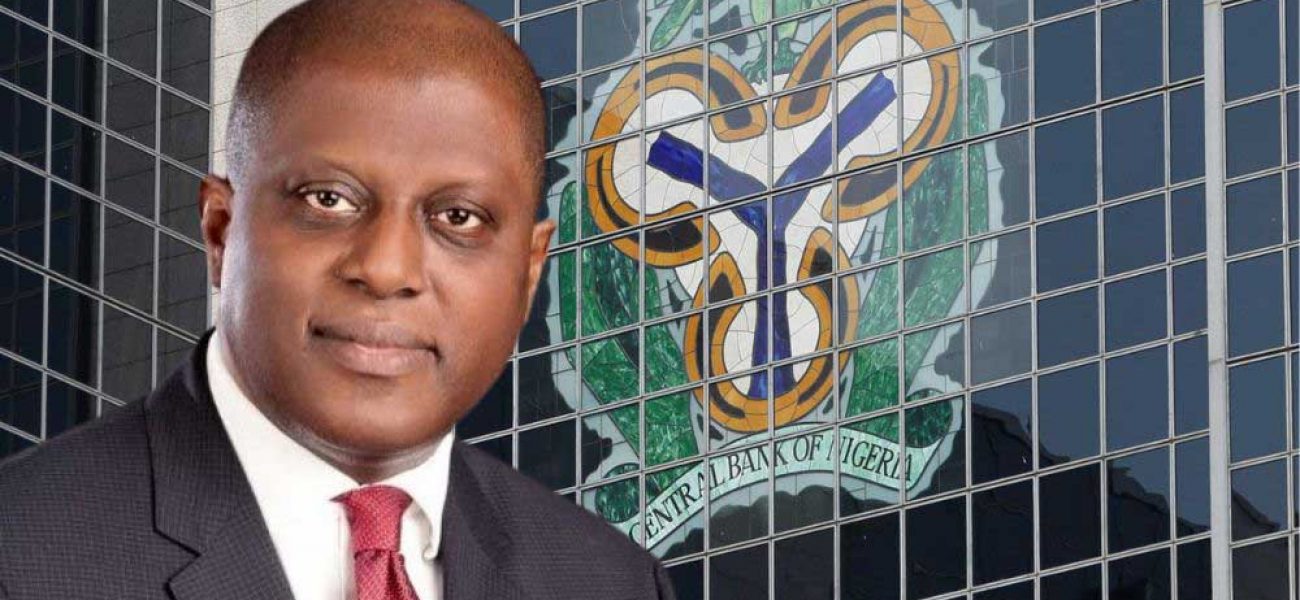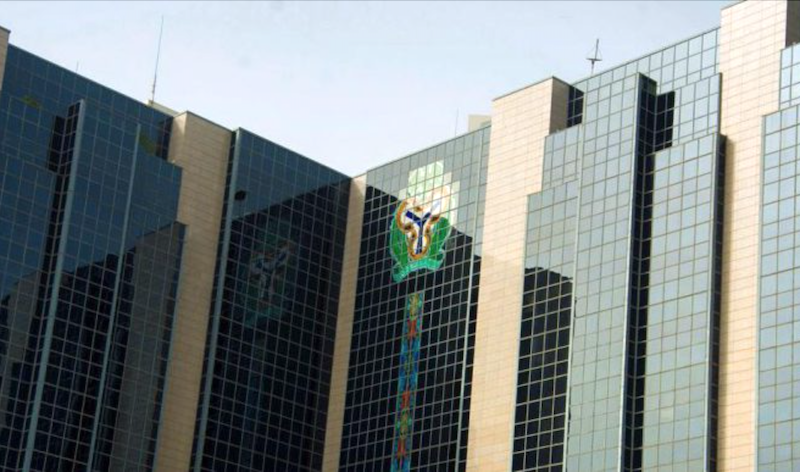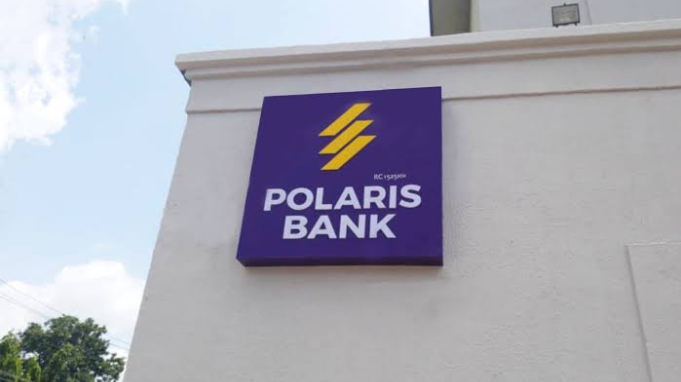Governor of the Central Bank of Nigeria (CBN), Mr. Olayemi Cardoso, has said the current total outstanding FX obligations stood at $2.2 billion.
Speaking in an exclusive interview with Arise TV, Cardoso disclosed that the bank had settled verified FX requests, which amounted to $2.3 billion.
He added that about $2.4 billion out of the reported $7 billion outstanding foreign exchange liabilities of the federal government are not valid for settlement.
Cardoso further indicated that part of the headline $7 billion outstanding FX claims were fraudulent, citing the outcome of a forensic audit by Deloitte Management Consultant, which was commissioned by the apex bank.
The CBN governor said he was confident that the outstanding FX liabilities would be addressed shortly.
He also maintained that CBN would not pay for FX requests that were not validly constituted, adding that the bank has written to authorised dealers to explain the disparities identified.
“And sadly, quite frankly, I think much of those have not been disputed to our satisfaction,” Cardoso said.
Contrary to speculations, Cardoso stated that he had nothing against the central bank’s interventions in the economy, pointing out that this remains a standard practice globally, especially in times of crisis.
However, he said such interventions needed to be well thought out in order not to destabilise the economy. He added that too much liquidity had been injected into the economy in a relatively short space of time, which he said was particularly detrimental to monetary policy.
Cardoso explained that loans and advances in the economy were about N40 trillion of which CBN interventions accounted for about 25 per cent. He said such liquidity injections were responsible for the current distortions, including inflation in the economy because they were not properly managed.
He pointed out that CBN currently lacked the capacity for direct interventions, and would rather focus on its primary mandate to control inflation, stabilise prices, and ensure a stable economic environment.
Cardoso stated that the apex bank would partner with those with the capacity to manage such interventions in a way that they will not mismanage the funds but also get the desired outcomes.
He denied claims that the federal government planned to convert domiciliary accounts of Nigerians to naira accounts as part of the reforms to stabilise the local currency.
Commenting on the outstanding FX obligations, the central bank governor said, “We contracted Deloitte Management Consultant to do a forensic of all these obligations and to actually tell us what was valid and what was not. Of course, we were committed to ensuring that we would pay all valid transactions.
“The result that came out of this was startling in a great respect; it was quite startling. We discovered that of the roughly $7 billion, about $2.4 had issues, which we believed had no business being there – and the infractions from that range from so many things. For example, not having valid import documents and in some cases, even entities that did not exist and in some cases, beneficiaries and account parties that asked for FX and got more than they asked for. And those who didn’t even ask for any and got. So, there were a whole load of infractions there, which I said amounted to about $2.4 billion out of the $7 billion headline figure.”
The CBN governor added, “We are not paying if you don’t qualify; they are not validly constituted requests. And of the validly constituted ones, we have settled about $2.3 billion and that applies to the airlines and a whole load of different entities spread throughout our economy – we’ve settled that already.
“And now what remains is about $2.2 billion to be settled and I am confident that we will shortly be addressing those and be able to move on and make progress.
“Now, how are we dealing with those that are not valid? As they were identified, we wrote to the authorised dealers to come in and explain what the situation was and where the numbers differed. And sadly, quite frankly, I think much of those have not been disputed to our satisfaction.”
Reiterating the bank’s commitment to resolving outstanding liabilities, Cardoso said, “Yes, as I said, I think that would be what would be done very shortly. Now, you can imagine that having $2.2 billion outstanding and $7 billion outstanding are not the same figure.
“I think we are at the end of this, to be honest, I will put it that way – we will clear all that very shortly and will move on to the next line of action. I am not concerned that the backlog would continue to be on overhang and I think we’ve come to the end of that road.”
On why CBN resolved to reduce direct intervention in the economy, Cardoso said, “By way of background, it is important for me to state clearly and unequivocally that I have nothing against interventions. It is done all over the world; in times of crisis, intervention does take place, and so, I am not saying it is necessarily a bad thing.
“I am just saying that it needs to be done in a well thought out manner and in a manner that does not destabilise the economy.
“If you push in too much liquidity in a relatively short space of time and it is not managed properly, then the distortions that we’ve had are bound to happen; it’s just as simple as that and nobody should be surprised that they are happening.”
Cardoso also said, “We all saw the issues of direct interventions from the central bank and quite a bit of those funds really may have not necessarily had the impact that they were hoping to accomplish and as we have come into government, we’ve had a lot of opportunity to look at the model and test the model.
“And there was a concern that an inordinate amount was put in in a relatively short space of time, and especially when you compare this statistics about loans and advances in the economy, which is about N40 trillion, and interventions alone was about 25 per cent of that and that is a huge amount of money in a relatively short space of time, especially when you consider that the loans and advances had been there before independence and gradually grew up to the level it is now.
“So, that has grave implications for the monetary policy and for the exchange rate and, of course, inflation.
“Our view basically is that we don’t have the capacity to direct interventions and we would rather focus our efforts on doing what we, as a central bank, are meant to do; which is to control inflation, stabilise prices, and ensure that we have a stable economic environment.
“And then, where we are able to find those who can do these things, we are happy to partner with them on the understanding, of course, that as I have said earlier, it’s done in a reasoned manner and that they themselves can deliver in a way that whatever interventions you put into the economy are not mismanaged. And that they get to where they are meant to get to because that, to me, is really a concern, that handling such huge sums of money without having the capacity as a central bank to do that directly can create serious distortions in the environment and I think that’s part of the problems we are having today.”







